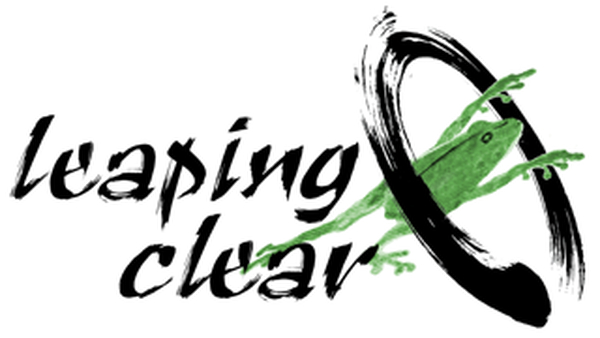Margaret Rozga
Waiting for the Verdict
I move into the immense silence of an oak.
Words swirl a circle in the surrounding field.
I will not hold hands with others in that circle.
Nor will I join when they converge upon the center
though we share held breath. Imagine a nation
holding its breath.
There is nothing word-able here. It is all
too immensely sad, too deeply woven.
This trial.
I will not talk about that either.
There are words beneath the surface
rooted in a language that doesn’t translate
to English. They speak in an uptick
of blood pressure, heart beat,
and other vital signs.
In Memoriam
for Scott Walter
Like all of us, he had his faults
— Rev. Ruth Ann Krymkowski
Not faults but fault lines.
Not straight lines, not three
logical step syllogisms
not mathematical extrapolations,
not square roots, penetrating
though those may be
and he could calculate, too.
Fault lines: points at which the earth may open
fissures open to the molten core
glimpses of white hot coals, red
embers, yes, even charred clinkers.
Furnace of sharp
burning at center.
Hardly shortcomings.
Scott, for your fire, for your burning insistence
for refusing to rest on the surface
for the gap that could never be filled,
that fault,
that heat,
that way of igniting
thought, word, reaction, action,
perpetual light already shines upon you.
May you know, may you give us, peace.
Maybe You Are
"Maybe after the funeral you became a butterfly on a baby's head"
— Nikki Wallschlaeger
Maybe after the funeral you spread your wings. Maybe you are
the split of a seed on the tomato sprout. Maybe you are
the pink and purple cosmos that, released from a crowded pot
and transplanted into the garden, spread to fill the empty ground.
Maybe you are the trill of a redwing blackbird. Maybe you are
not outside at all, but the spider on the hallway wall. Maybe you are
a word at the end of a line in a prize-winning poem. Maybe you
inspired these words: sit, find, bring, make, drum, offer, apologize,
help, borrow, lend, share, talk, laugh, play, watch, gather, live.
They appear here in reverse order. Re-ordering is a key to living.
Yesterday and the day before I took my walk not in the afternoon
fallow hour, but in the early morning. Maybe you are the early sunshine.
Maybe afternoon rain. Maybe I don’t need to be angry with you any longer.
Maybe that anger is sweet.
Margaret Rozga
A small fly lands on my notebook. Iridescent body parts.
Double triangle flutter of orange above the green. Between greens.
Early one morning, this fly and this monarch butterfly caught my eye as I engaged in my usual practice of observing and finding language for thirteen items within the range of my sight or my hearing. I believe being a poet requires close observation. What I see, hear, or touch provide the specifics that anchor my poems.
Not all the items observed make it into poems, at least not immediately. The point of this practice is not so much to compose a poem about any or all of the things I observe. But practicing the art of being an observer, whether outdoors or in, keeps me aware of where I am in the world. Practicing this art early in the morning also helps me find a calm to carry me through the next few hours, sometimes through the whole day.
As 2019-2020 Wisconsin Poet Laureate, Margaret Rozga co-edited the anthology Through This Door: Wisconsin in Poems (Art Night Books, 2020) and the chapbook anthology On the Front Lines / Behind the Lines (pitymilkpress, 2021). Her fifth book of poems is Holding My Selves Together: New and Selected Poems (Cornerstone Press, 2021). Rozga’s poems draw on her experiences and interests as an educator, avid reader and researcher, parent, and advocate for social and racial justice. She serves as the first artist/scholar at the UWM-Waukesha Field Station.
More on Margaret Rozga’s work can be found on our Links page.
Photo credit: TJ Lambert, Stages Photography.

